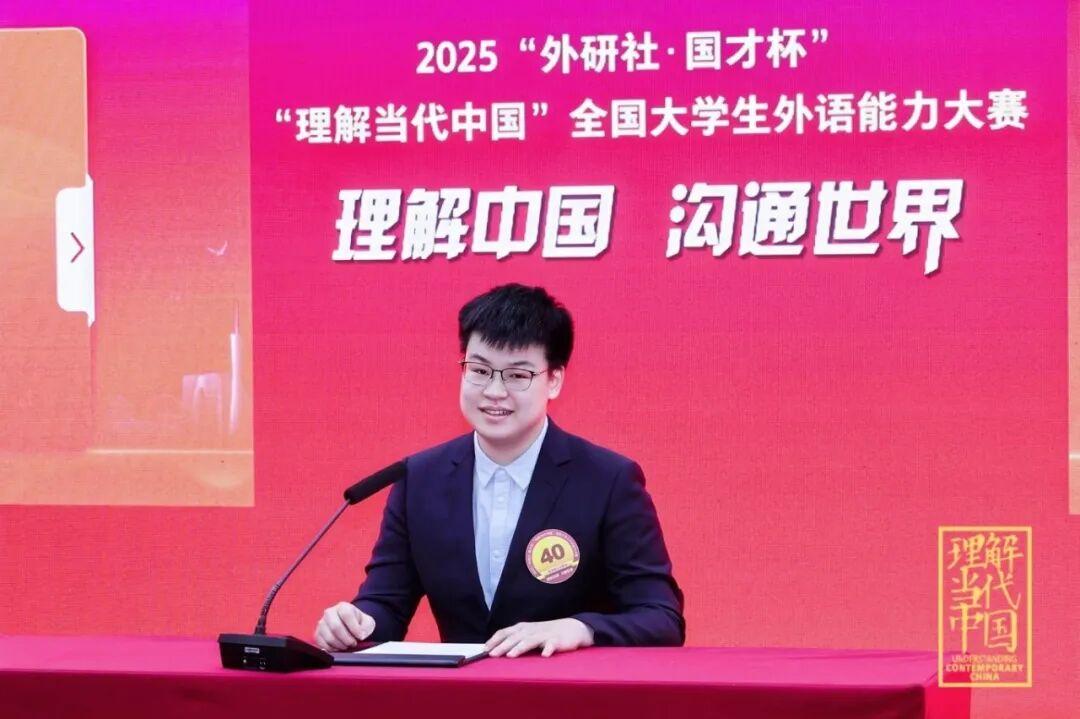Famous Taiwan scholar Zhu Gaozheng share his approach to Jin Si Lu
The more than 2,000 years Chinese ideological history has produced numerous writings. Some aroused fierce dispute the moment they appeared, and some stood the test of the times and became classics exerting a profound influence on the whole history of Chinese thought. And Jin Si Lu is one of the latter. The book, co-compiled by Zhu Xi and Lu Zuqian over 800 years ago, is a Confucian classic and once praised by Chinese master Qian Mu as a must for those studying neo-Confucianism in Song Dynasty.
In the morning of January 24, as part of the series of lectures themed “approach traditional culture — introduction to Jin Si Lu & national conditions and culture education” and hosted by WKU Chinese Curricula Center, a speech was delivered by Professor Zhu Gaozheng, an offspring of the 26th generation of Zhu Xi and a famous scholar in Taiwan, who addressed the over 300 staff and students of our school and other visitors, offering them a cultural feast.
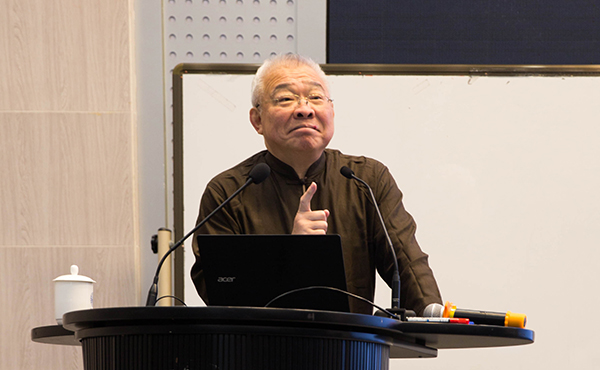 朱教授在分享自己的研读经验
朱教授在分享自己的研读经验
As part of the series of lectures themed “approaching traditional culture – introduction to Jin Si Lu & national conditions and culture education” and hosted by WKU National Conditions and Culture Education Center, a speech was delivered by Professor Zhu Gaozheng, an offspring of the 26th generation of Zhu Xi and a famous scholar in Taiwan, who addressed the over 300 staff and students of our school and other visitors, offering them a cultural feast.
Professor Zhu’s academic interest focuses not only on Kantianism but Yi Jing. As a learned scholar, he is a talent with both West and East knowledge. In his lecture, he gave a detailed description of the connotation of Confucianism, Buddhism and Taoism, as reflected on by Zhou Dunyi, Cheng Hao, and Cheng Yi in the book. He pointed out that, as one of the seven Confucian classics, the book plays an important role in inheriting the past and ushering in the future in the exploration and interpretation of traditional Chinese culture, and serves as a gate to Chinese traditional culture. He also gave a brief introduction to the principles of neo-Confucianism by quoting the book. He argued that the book, by drawing on the essence of Analects of Confucius,Menci,Laozi,Zhuangzi and Altar Sutra, had provided major philosophical thoughts for Wang Yangming in writing his masterpiece Shuanxilu.
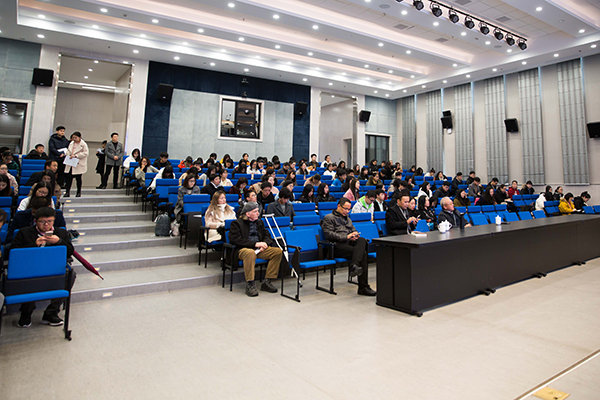
Professor Zhu also shared the methods of studying Jin Si Lu. He warned against seeking quick success and reading too much at a time and suggested that three paragraphs a day are best. He stressed the importance of understanding and application instead of rote learning. He said though Wang Yangming and Zhu Xi seemed different in the approaches they adopted, they, as well as other sages, were all the same at the essence. Though they might criticize each other, their contribution to the thought history should not be ignored. In short, he hoped that the student would stay humble and open-minded when studying classics, with a focus on benefiting from them, instead of concentrating on the few shortcomings of their works.
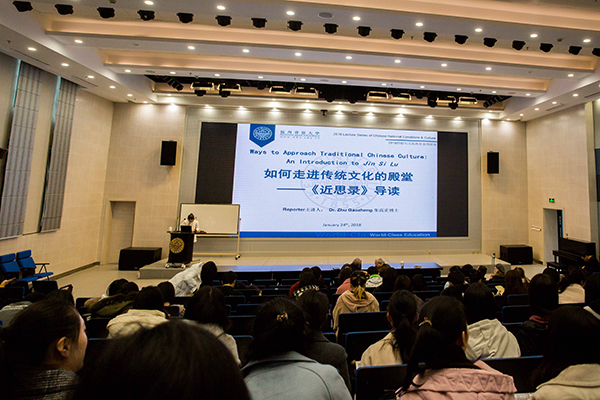
In the end, Professor Zhu patiently answered the questions raised by the students and encouraged them to approach Jin Si Lu and open the door leading to the palace of traditional culture under the guidance of our ancient philosophy.
- Wenzhou-Kean University Spearheading Sustainability in Higher Education in Asia and in China, Awarded the AASHE STARS Gold-Certified in Sustainability
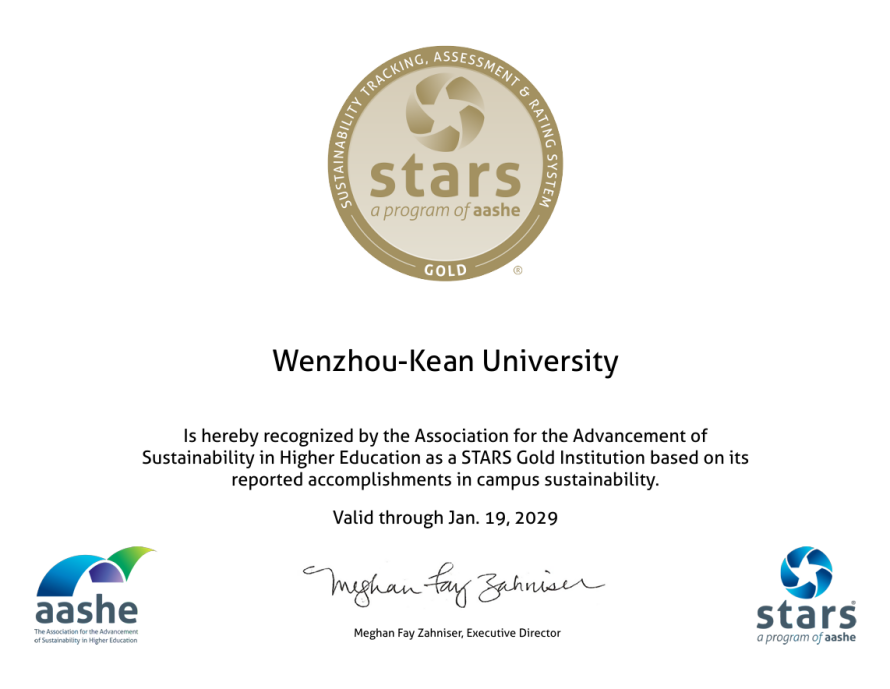
- Media Report | Wenzhou Daily: A Window into Friendship Between Chinese and U.S. Youths Wenzhou-Kean University Welcomes 340 Young Americans in Two Years
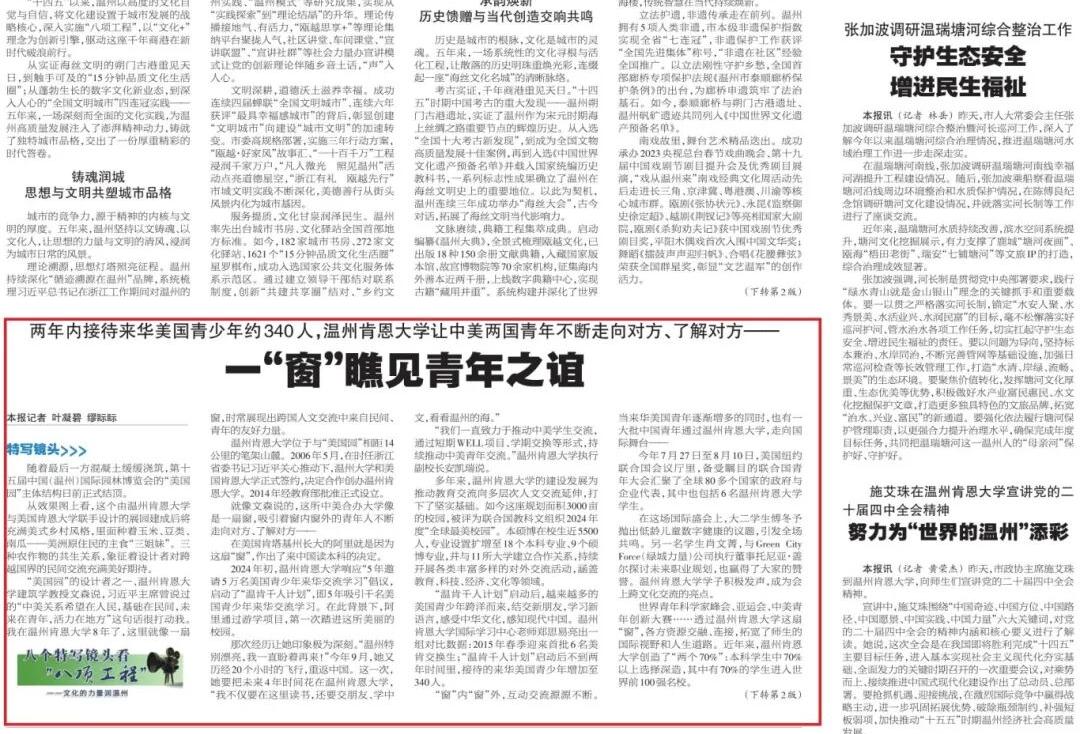
- WKU Student wins first prize in a national English speech contest: What is his answer to the value of boredom?
